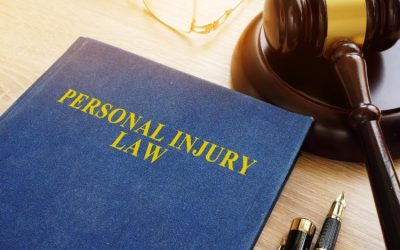When you are in a car accident, it is important to establish fault so that damages can be rightfully paid for. Sometimes, it is clear who is at fault. Other times, it is nearly impossible to tell. The plaintiff in the case must prove that the defendant was negligent to establish that they are at fault. Luckily for the defendant, he or she can reduce or eliminate their liability by having a strong defense to the accident. This is why an Professional Auto Accident Attorney Tulsa is important for both the plaintiff and the defendant.
The law has systems of comparative and contributory negligence for car accidents in which both parties have been negligent. The way that liability is treated for each party depends on where you live. Your state may use a contributory negligence system, but many use a comparative negligence system. It is important to consult with your Auto Accident Attorney Tulsa to determine which system is in place in your state and how it works.
The comparative negligence system is considered a partial defense. Fault is divided between the two parties when the defendant can prove that the plaintiff was partially responsible for the accident. The rules for comparative negligence are different from state to state, but many use two rules: pure comparative negligence and modified comparative negligence. Pure comparative negligence allows victims to be awarded some compensation even when they were negligent or they are more at fault than the defendant. Modified comparative negligence has specific rules for each state, but the overall idea is that the victim’s compensation is limited if the victim is a fault passed a certain degree. For example, some states only allow victims to recover damages if they are 49 percent or less responsible for the accident.
Contributory negligence is only used in Alabama, Maryland, North Carolina, Virginia, and Washington, D.C. The defendant may be able to avoid any liability by proving that the victim’s negligence played a factor in the car accident. The victim will not be able to receive any compensation if they contributed to the accident in any way. In any case, comparative or contributory, it is beneficial to have a strong defense and prove that you are not solely responsible for the accident.
For more information, visit online!


